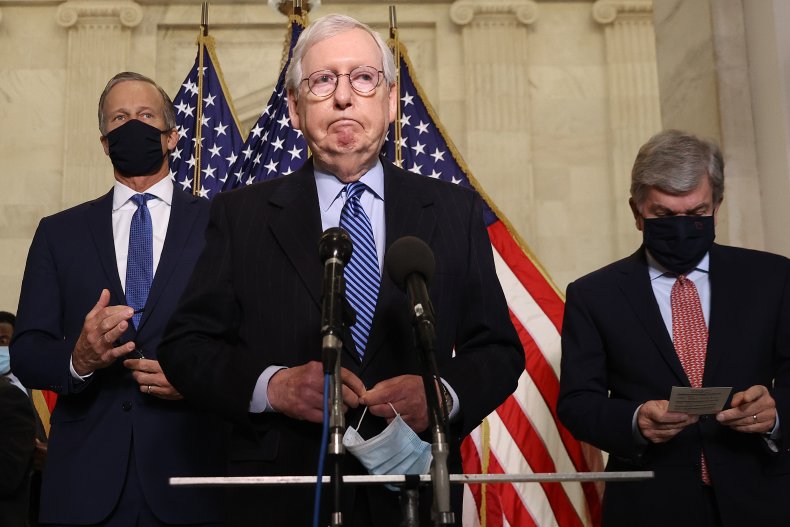They didn’t call Ronald Reagan “The Great Communicator” just because he knew how to deliver a speech. The fact is, he—more than any president in recent memory—knew how to bring a complex idea to life in ways the public wouldn’t just understand but would embrace.
Sometimes this required some simplifications the media—which continually tried to prove Reagan a dunce—used to distort what he was saying. That’s not to say he didn’t get a few things wrong; every president does. On the big things, however, like the importance of economic growth and how to get it, he was very, very right.
Growth matters. The Republicans who followed Reagan into the White House either didn’t get it or couldn’t explain it. That left the door open for the media and progressives to slander and then dismiss pro-growth measures as deficit-enhancing tax cuts for the wealthy that produced greater income inequality.
The Republicans who tried but failed to follow Reagan into the White House—Bob Dole, John McCain, Mitt Romney—didn’t make it in part because they didn’t understand the need to explain how growth happens. They never communicated how the right kinds of tax cuts and deregulatory measures would cause economic expansion, leading to rising wages, more jobs and new businesses, making everyone better off while eventually bringing into the U.S. treasury as much revenue or more as the liberals claimed the tax cuts “cost.”
Reagan honed his ability to explain the politics and economics of growth to working Americans over years. As a spokesman for General Electric, he went around the country to the company’s various plants and facilities to talk to employees about the virtues of the free market system. More recent Republicans’ comparative inarticulateness may in part explain why the country appears to be embracing the soft socialism Joe Biden and his congressional colleagues are offering.

Pollster Scott Rasmussen just released a national survey of 1,200 registered voters that found 35 percent of them saying economic fairness was more important than economic growth. The fact that just over a third of the country thinks equality of outcomes deserves more focus than equality of opportunity—a key component of any pro-growth policy—should alarm Republican leaders and growth hawks.
Even when the numbers are broken down by party, the results are disheartening. According to Rasmussen, a third of Republicans now believe fairness is more important than growth. In the Reagan years and throughout the Gingrich era, which saw the first balanced budget in decades alongside a period of continued growth, a number that high would have been inconceivable.
It’s not that the GOP doesn’t believe in fairness. The free market is the fairest system ever conceived for the exchange of goods and services between willing sellers and willing buyers. It’s that they reject—or ought to, anyway—the idea that no matter where anyone starts, we all need to end up in the same place.
It’s really that kind of outcome that’s the most unfair. It presumes that no matter how creative a person is, how hard they work, how good their innovation might be or even how lucky they are, no one should do any better than their neighbor. Identical per capita income for every family—that’s the ticket.
Except it’s not. The progressive politicians’ response to the COVID crisis—shutting down the marketplace state by state while the federal government borrows trillions, inflating the debt while doing nothing to stimulate the economy—leads to disaster. It won’t take too much more of this before the United States starts to resemble Greece, and not in a good way. We’ll be comparatively lucky if it stops there, without the U.S. sliding all the way down into the same space as Venezuela.
There is a bright spot in Rasmussen’s data. “Those respondents who believe focusing on economic growth is the most important rated cutting spending and taxes as the best prescriptions” for doing so, as did those “who would rather focus on economic fairness.” Both sides agree on what needs to be done and, at least by implication, reject the Biden White House’s tax-and-spend plans. This means the growth wing of the GOP has a chance to carry the day—if it’s smart and can find leaders who can explain what is going on in ways the public can understand, even through the filter of the elite media and the opposition’s critique.